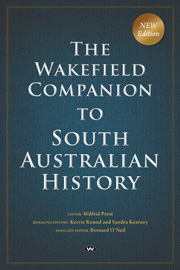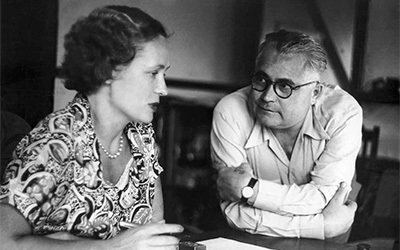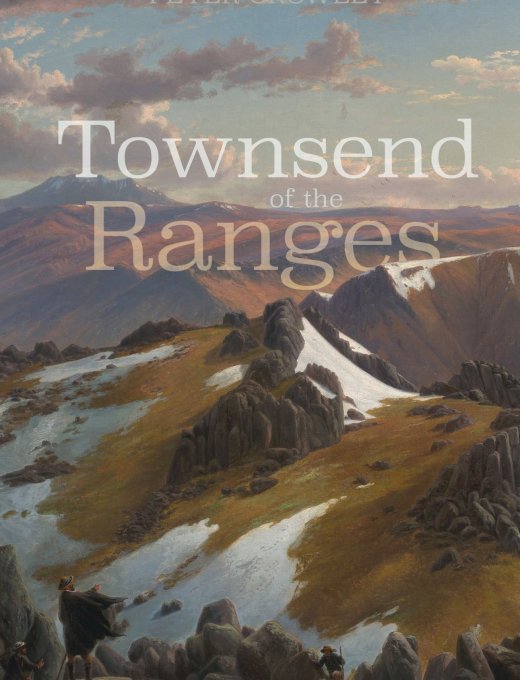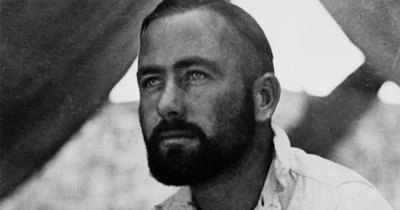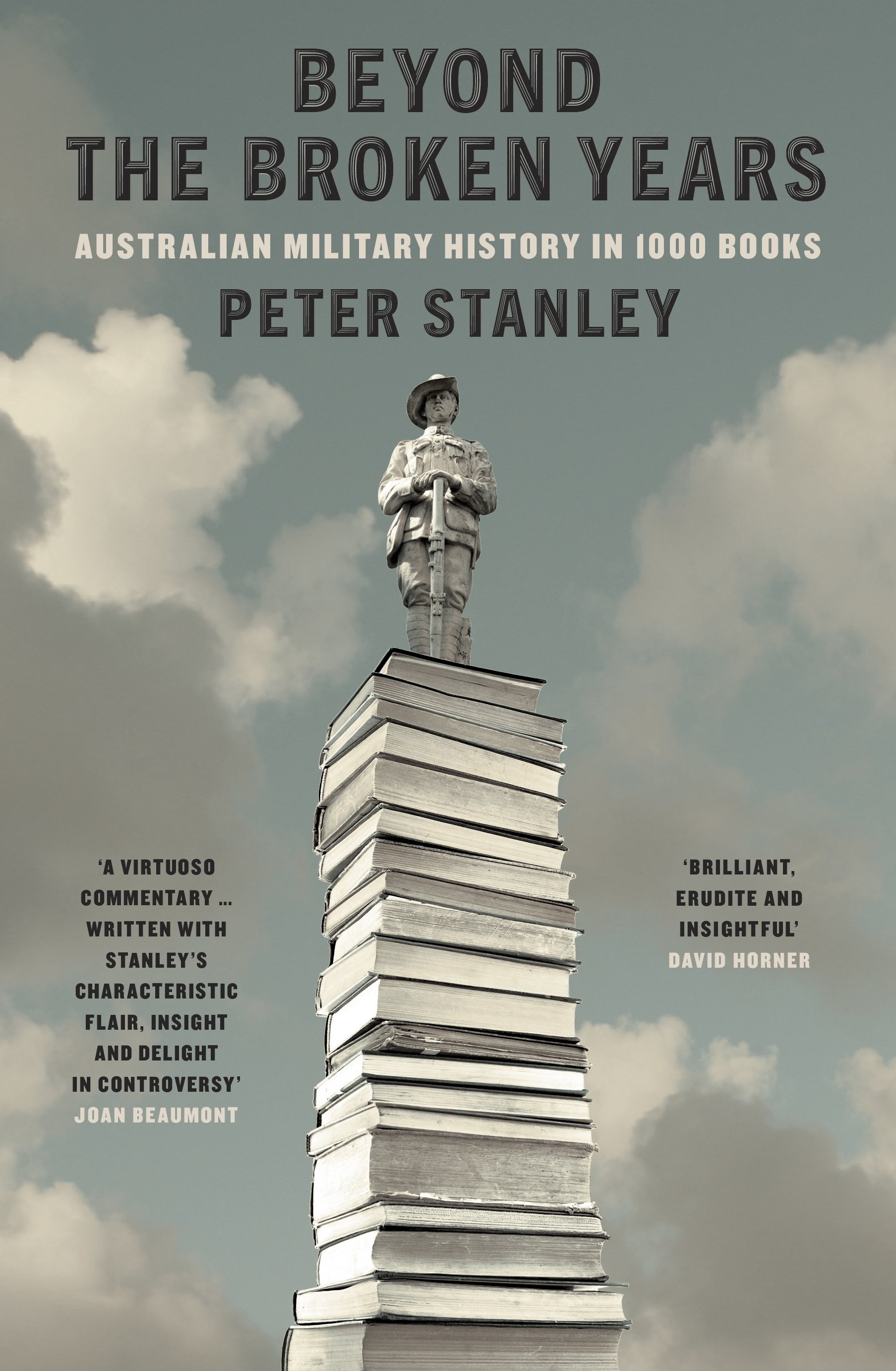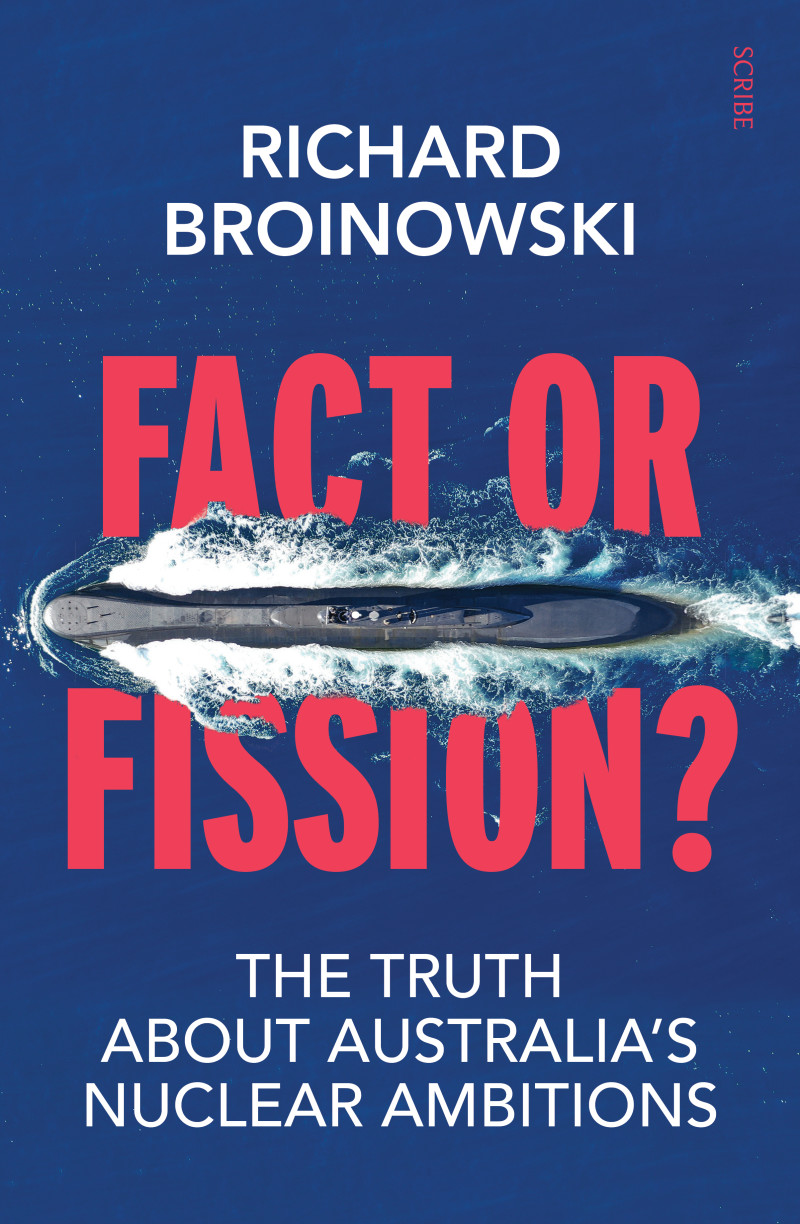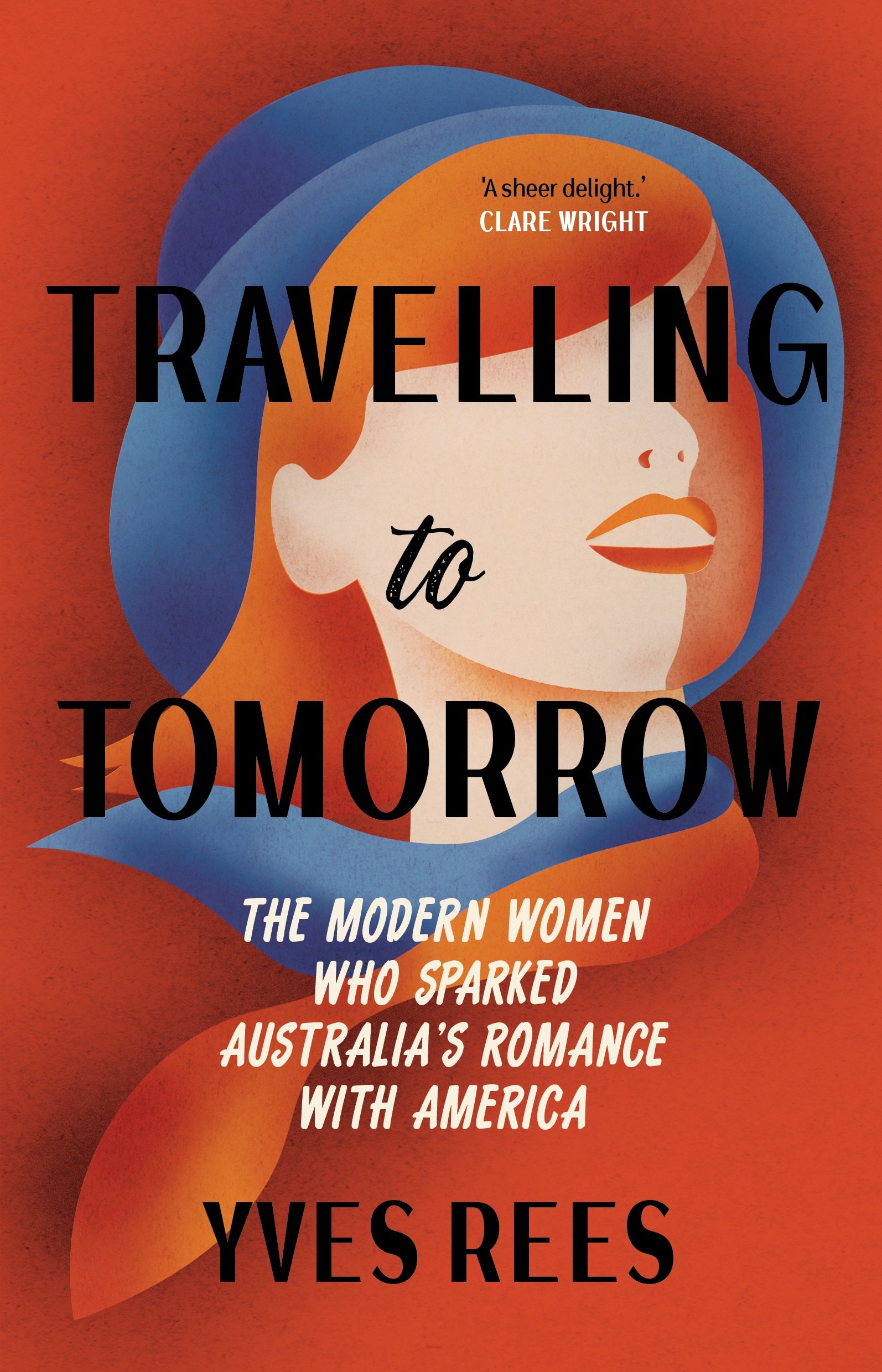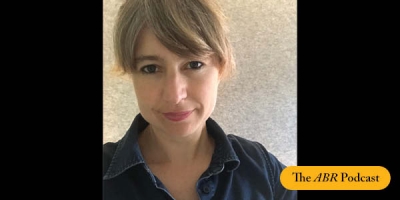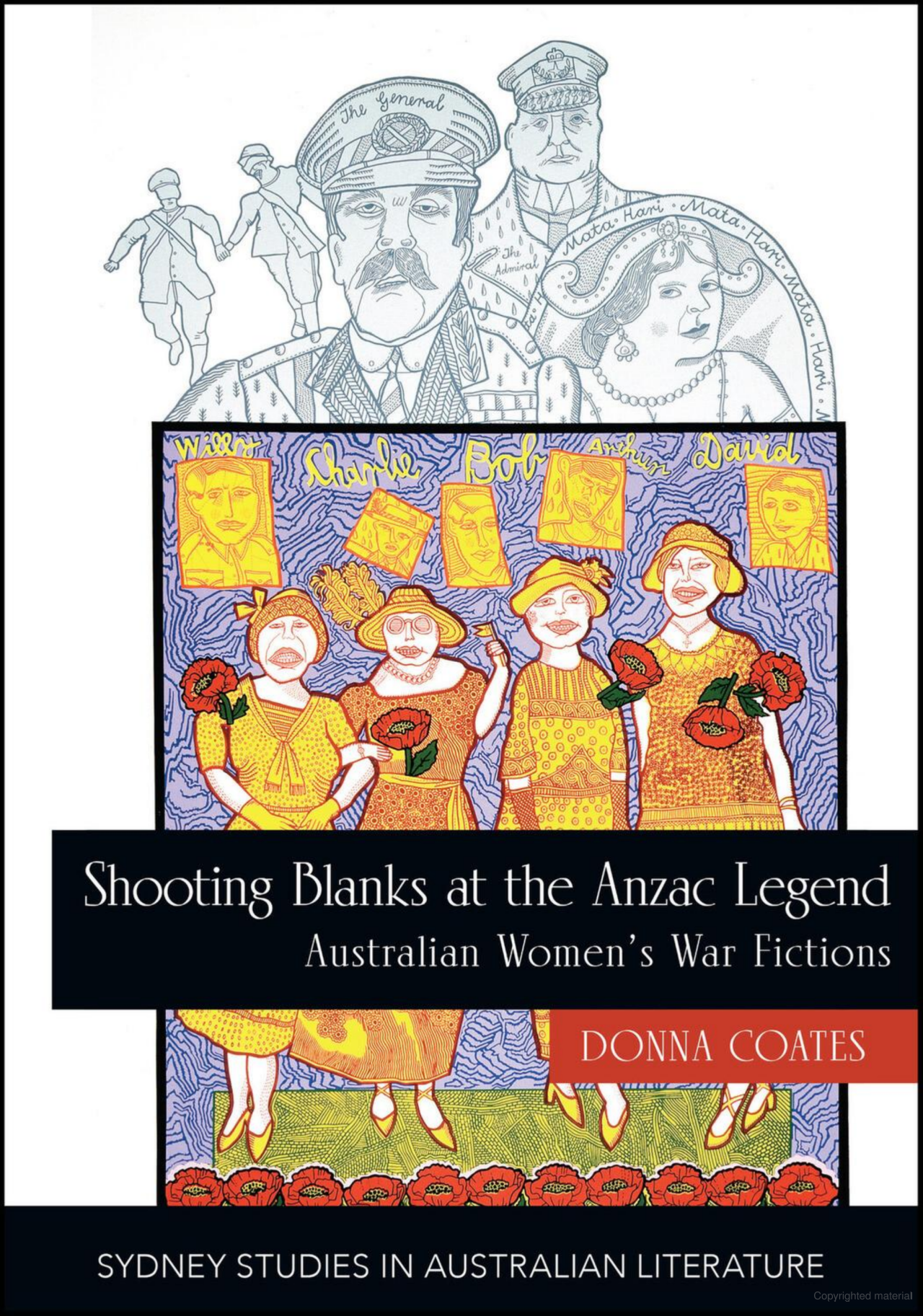Australian History
Black Convicts: How slavery shaped Australia by Santilla Chingaipe
This is not a book for Scott Morrison, who, as prime minister, declared that Australian history was free of the stain of slavery. Santilla Chingaipe proves otherwise. As she states in her introduction, a key theme of Black Convicts is the exploration of ‘how slavery shaped modern Australia’. In the context of this book, ‘slavery’ is both a specific and an umbrella term for different forms of labour exploitation pursued by the British empire between the 1600s and the 1800s. Chingaipe argues that slavery, convictism, and indentured servitude were linked through a fundamental premise: the abuse and exploitation of people for financial gain. Her primary focus is on convicts, as the title suggests, and how Black men, women, and children transported to Australia ultimately were victims of the same system that enslaved their forebears. These convicts were not chattel slaves – many had once known liberty, and would again – but the direction of their lives, in common with the lives of Black people kept as property and forced to labour on plantations in the Americas, was shaped by colonial masters who placed profit over morality.
... (read more)The Wakefield Companion to South Australian History: Second Edition edited by Wilfrid Prest
The Wakefield Companion to South Australian History announced itself in 2001 as ‘a landmark publication, the first such work of reference for any Australian state or territory’. This new edition, which adds entries, updates others, and lands with a thump at almost 200 pages more than the previous volume, is especially timely in the wake of the Covid-19 pandemic, which magnified awareness of the differences between the histories and cultures of the Australian states.
... (read more)On a Tuesday morning in April 1954, Australians awoke to sensational headlines. The wife of Soviet diplomat Vladimir Petrov, who had recently sought asylum in Australia, was dragged aboard an aircraft in Sydney, as an impassioned, noisy crowd of a thousand tried to prevent her departure. Whether you were a dock worker or a stockbroker, your morning newspaper carried some version of what has become the Petrov Affair’s most iconic image: Evdokia Petrova, shoeless and eyes streaming, flanked by two bulky Soviet couriers, marching her across the tarmac. By all appearances, a terrified Russian woman was dragged, unwillingly, towards a dire fate in the Soviet Union.
... (read more)This is a brave book, for it is the biography of a phantom. Archives hold ample evidence of the many professional achievements of the surveyor Thomas Scott Townsend, but of him personally almost nothing is known. Townsend left little trace of his passions, frustrations, or loves, the substance that animates biographies. A letter that Townsend wrote to his brother in 1839 is the only item of his private correspondence known to exist. And yet somehow the book works, and brilliantly so. Peter Crowley has written a compelling account of a remarkable figure in Australian history.
... (read more)W.E.H. Stanner’s coinage ‘the great Australian silence’ must be one of the best known in Australia’s modern history. It must also rank alongside Donald Horne’s ‘the lucky country’ as one of the least understood.
There is nothing remarkable about this phenomenon. The way a text is received by readers and listeners is seldom in keeping with its creator’s purpose or intention. This is so for several reasons. Most importantly perhaps, any text is open to being read in multiple ways, and in the case of canonical texts like Stanner’s that reception is usually fundamental to its impact.
... (read more)Beyond the Broken Years: Australian military history in 1000 books by Peter Stanley
Resembling the memorials seen all over Australia, a slouch-hatted digger stands atop an obelisk, his hands resting on a service rifle. However, this obelisk is not made of granite or marble but a pile of books ascending skywards. The cover of Peter Stanley’s penetrating critique of Australian military history, Beyond the Broken Years, is a telling, if reductive, visual conceit, suggesting the instrumental role played by historians in placing the soldier on a pedestal.
... (read more)Fact or Fission?: The truth about Australia's nuclear ambitions by Richard Broinowski
Richard Broinowski, a retired senior diplomat who has served in seven legations, three as ambassador, has long been interested in matters nuclear, as this excellent work demonstrates. Broinowski traces Australian nuclear developments from the early days of World War II to the most recent developments under Prime Minister John Howard. In the process, he chronicles Australian nuclear ambitions, from the early flirtations with acquiring a nuclear weapon and its related strike capability, to the later development of uranium exports.
... (read more)Travelling to Tomorrow: The modern women who sparked Australia’s romance with America by Yves Rees
Yves Rees’s accessible, entertaining study blends personal experience with rich archival research into a group of disparate women who followed their passion from Australia to the United States at a time when it was relatively easy for a white woman with talent and a few connections to just show up in Hollywood or New York and get to work. They are very different women – a surfer, a dentist, a concert pianist, a nurse, a decorator, an artist, a lawyer, and a writer – all fiercely courageous trailblazers in their own way. Travelling to Tomorrow weaves their stories together in a loosely chronological shape, using deep research to ground Rees’s imagining of these women’s hopes, dreams, achievements, and disappointments.
... (read more)In this week’s ABR Podcast, we feature an essay from the ABR archive: ‘Links in the Chain: Legacies of British slavery in Australia’ by Georgina Arnott. In this essay, Arnott considers how the field of Australian history will be reshaped by emerging links between British slavery in the Caribbean and early settlers to the Australian colonies. Georgina Arnott is ABR Assistant Editor and the author of several articles on the legacies of colonialism in Australia and two biographical works. Listen to Georgina Arnott’s ‘Links in the Chain: Legacies of British slavery in Australia’, published in the August 2020 issue of ABR.
... (read more)Shooting Blanks at the Anzac Legend: Australian women’s war fictions by Donna Coates
Near the beginning of Wifedom, Anna Funder describes a disappearing trick whereby a male magician conjures away his female assistant. She uses this as a trope for history’s tendency to make women vanish: ‘Where has she gone?’ Funder asks. This invisibility is especially the case in relation to women and war. Not only are women’s roles in wars downplayed or ignored, but women’s writing on war is seldom regarded as ‘war literature’. As Donna Coates, the author of this newly published study, Shooting Blanks at the Anzac Legend: Australian women’s war fictions, notes, the bookshelves at the Australian War Memorial in Canberra contain numerous books ‘by and about men at war’ and very few examples of women’s war writing.
... (read more)


